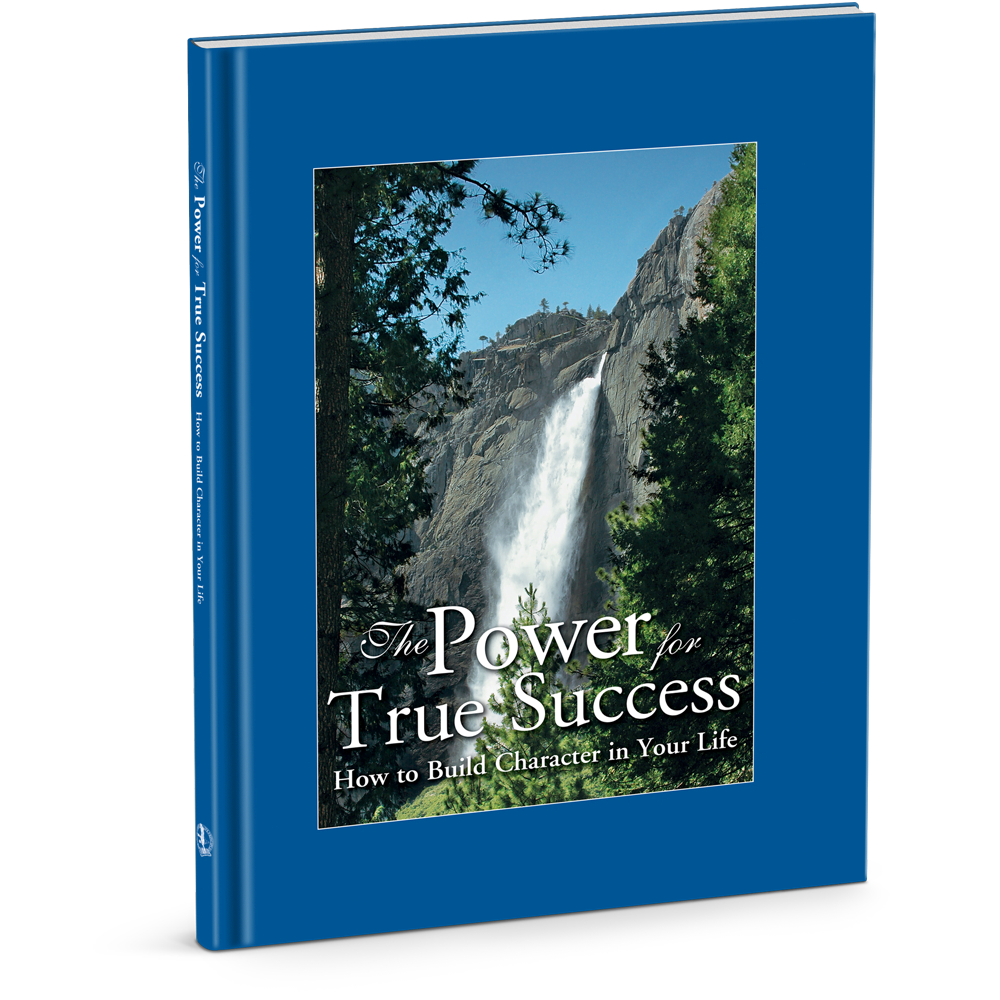Cautiousness is planning for the success of a venture by following the ways of God rather than our natural inclinations.
Scripture describes the consequences of not using caution when it speaks of the man who is hasty in his words or actions. The Hebrew word ’uwts is translated as hasty and means “to be pressed, confined, narrow; to insist, to urge.” This word is used to describe the man who does not plan, resulting in poverty. (See Proverbs 21:5.) Another Hebrew word, mahar, is used to warn of speaking rash vows to the Lord and means “to be hurried, be anxious; to hasten; to do quickly.” (See Ecclesiastes 5:2.)
What Is Cautiousness?
Cautiousness is recognizing that we have natural inclinations that are opposite to God’s ways. These tendencies seem right but lead to destruction and death. “There is a way that seemeth right unto a man, but the end thereof are the ways of death” (Proverbs 16:25). “For my thoughts are not your thoughts, neither are your ways my ways, saith the LORD. For as the heavens are higher than the earth, so are my ways higher than your ways” (Isaiah 55:8–9).
Cautiousness is recognizing that we have natural inclinations that are opposite to God’s ways.
If we act according to our natural tendencies, we will act foolishly and pay a heavy price. “He that trusteth in his own heart is a fool” (Proverbs 28:26). “Lean not unto thine own understanding. In all thy ways acknowledge him, and he shall direct thy paths” (Proverbs 3:5–6).
When people speak evil of us, it is our natural tendency to speak evil of them. The opposite response, doing good to them, is consistent with the teaching of Scripture. “Love your enemies, bless them that curse you, do good to them that hate you, and pray for them which despitefully use you, and persecute you; that ye may be the children of your Father which is in heaven: for he maketh his sun to rise on the evil and on the good, and sendeth rain on the just and on the unjust. For if ye love them which love you, what reward have ye? do not even the publicans the same? And if ye salute your brethren only, what do ye more than others? do not even the publicans so?” (Matthew 5:44–47).
How Do We Develop Cautiousness?
Acknowledge that our natural inclinations are often wrong, and cry out to God for His wisdom.
- “Call unto me, and I will answer thee, and show thee great and mighty things” (Jeremiah 33:3).
- “And call upon me in the day of trouble: I will deliver thee, and thou shalt glorify me” (Psalm 50:15).
- “Yea, if thou criest after knowledge, and liftest up thy voice for understanding; if thou seekest her as silver, and searchest for her as for hid treasures; then shalt thou understand the fear of the LORD, and find the knowledge of God” (Proverbs 2:3–5).
- “If any of you lack wisdom, let him ask of God, that giveth to all men liberally, and upbraideth not; and it shall be given him” (James 1:5).
Learn from the experiences of others.
The biographies that God wrote in the Bible are filled with both rich counsel on how to do things God’s way and accounts of what happens when God’s ways are rejected. “The testimony of the LORD is sure, making wise the simple” (Psalm 19:7).
King David thought that bringing the holy Ark of God to his capital city of Jerusalem would be a good idea. He organized a huge procession and began the venture. However, he failed to exercise the cautiousness of confirming his direction with Scripture.
The Ark was sacred, and God had given special instructions on how it should be moved. The Philistines, who captured the Ark, put it on an ox-drawn cart to return it to Israel. David thought he could use the same method; however, his idea resulted in death.
As the oxen pulled the cart, the cart was shaken. Uzzah reached out to steady it and instantly died, because no one was to touch the Ark. (See II Samuel 6:3–8.)
Later, David exercised cautiousness by following God’s regulations for carrying the Ark. Two poles were put through the rings on opposite sides of the Ark, and it was carried on the shoulders of several priests. The Ark was safely delivered to Jerusalem, and all the people rejoiced. (See I Chronicles 15:11–15 and Exodus 25:10–15.)
Consider the opposite action of natural inclinations.
Since our natural inclinations are often opposite to God’s universal principles, it may be helpful to ask, “What would I naturally do?” and then see if the opposite action is confirmed by Scripture. “Thy word is a lamp unto my feet, and a light unto my path” (Psalm 119:105).
Seek wise counsel.
A caution sign on the highway may mean that others have not exercised sufficient cautiousness in that spot and have paid a costly price for it. A cautious driver will slow down, make sure he is following all the rules of the road, and be extra alert to danger.
There are similar “caution signs” on the highway of life. Others have failed to heed them and have painful memories to share. They will usually be willing to tell their stories to those who want to avoid the consequences they experienced. We would be wise to learn from their mistakes. Get experience as inexpensively as you can—others have paid a high price for it! “For by wise counsel thou shalt make thy war: and in multitude of counselors there is safety” (Proverbs 24:6).
Personal Evaluation
- Do you seek God’s will for every situation?
- Do you ask for counsel from wise and experienced people?
- Do you learn from the mistakes of others?
- Do you think about what you are going to say before you speak?
- Do you consider how your actions will affect others?
- Do you plan ahead and count the cost, especially for big endeavors?











